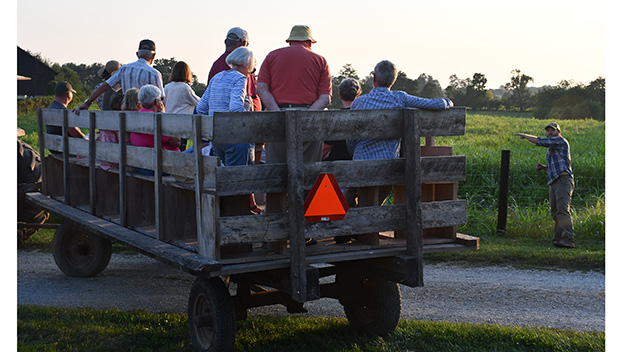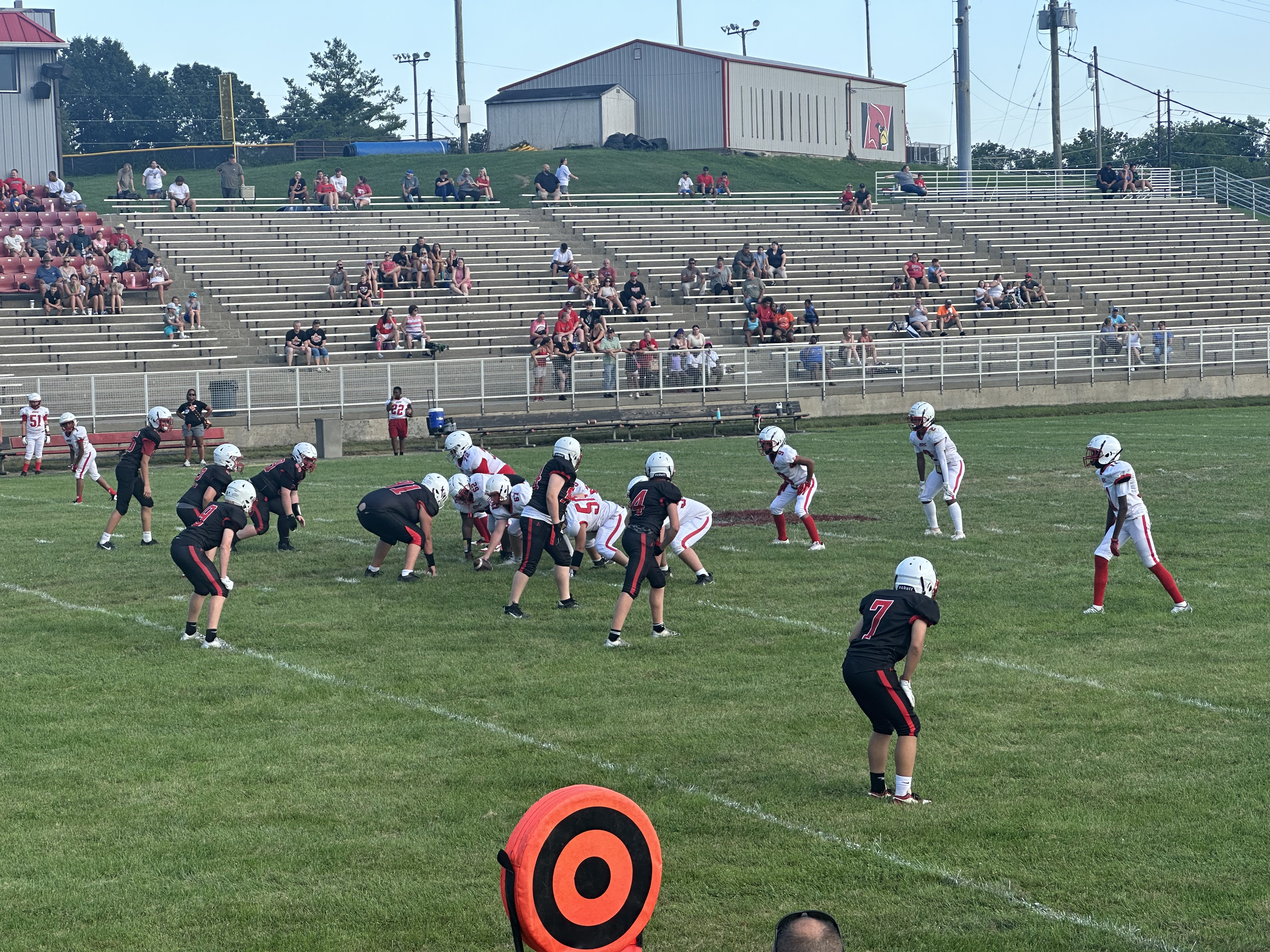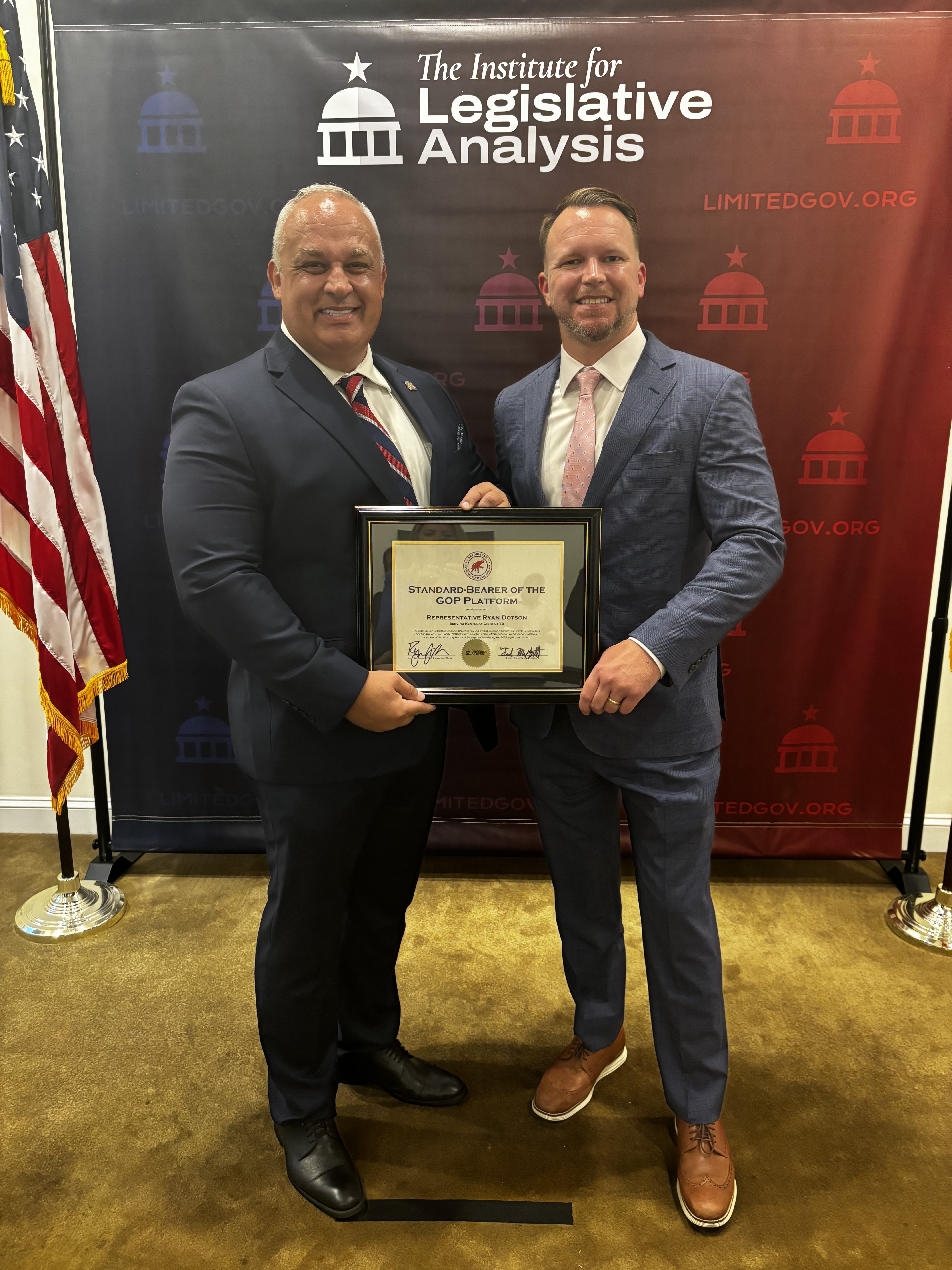Clark County farm shows off climate-smart farming practices
Published 10:30 am Tuesday, August 29, 2023

- Mt. Folly Farm hosted numerous visitors last week as it showcased its climate-smart farming practices. (Photo by Matt Cizek)
|
Getting your Trinity Audio player ready...
|
Mt. Folly Farm, located on Schollsville Road, was the touring attraction for more than a dozen residents of Winchester last Tuesday.
However, as would be learned, it has a unique claim to fame.
The farm, which has dedicated itself to climate-smart farming in the Ohio Valley River region, utilizes ecologically and environmentally friendly practices for future benefits and continues to take proactive steps.
Trending
“We’ve always innovated here at Mt. Folly Farm, where we’ve been focused on all opportunities of regenerative agriculture [and] sustainable agriculture,” said Ben Pasley, the CEO of Mt. Folly Farm Enterprises. “The whole point of being an innovator is innovating toward what the future is going to be.”
Mt. Folly Farm was born out of the vision of Laura Freeman, a seventh-generation farmer who previously owned and operated Laura’s Lean Beef.
According to its website, the company was the first to sell beef raised without antibiotics or growth hormones nationally.
In 1985, sensing a need for change, Freeman began taking further action.
The company’s website further explains a focus of hers and Mt. Folly Farm.
“Today, meats raised without hormones or antibiotics are available in grocery stores everywhere,” it says. “But that time has passed. The new challenge is to adapt locally to the hard issues of climate change, rural poverty, [and] social and environmental justice.”
Trending
The tour was held in conjunction with the Smithsonian traveling exhibit, “Spark! Places of Innovation”.
Currently on display at the Bluegrass Heritage Museum in downtown Winchester, a busload of individuals were welcomed to the farm where they first dined.
After a meal, they were led around different areas of the farm – which has received USDA Organic certification – including to a location where The Moonshine Trail was talked about.
“The Moonshine Trail is going to start in Lexington, and it’s going to focus on eastern Kentucky,” said Chase Asher, who is helping to facilitate and administer the Moonshine Trail. “We’re hoping one day to expand it to maybe even outside the state with other Appalachian [areas].”
The Moonshine Trail will include stops at Regeneration Distilling Company in Winchester, Barrel House Distilling Company in Lexington, Kentucky Mist Distillery in Whitesburg and more.
Afterward, a short walk took attendees to an area where learning how to cultivate crops such as buckwheat was discussed.
They were then driven around the farm and provided with an education regarding several of its practices, including the use of biochar.
Many organic farmers utilize biochar to improve soil quality and compost properties by increasing water retention, moderating acidity, reducing the need for chemical fertilizers and more.
With various cows present, their benefits compared to other animals, such as bison, were talked about by Dylan Kennedy, a Kentucky farmer and field lead for a Mt. Folly Farm USDA grant.
The grant – at a cost of over $5 million – was explained by Pasley.
“We’re now transitioning through the climate-smart grant to our focus of a climate-smart beef grant,” Pasley added.
Alice Melendez, project lead with Climate Smart Farming, spoke.
“We’re really interested in whole raw ingredients because we believe it’s better for health. We believe it’s better for farmers”, Melendez said.
Utilizing additional techniques, including regenerative grazing – a method of using livestock to improve soil life and plant diversity – Mt. Folly Farm looks forward to continually optimizing best practices.
“We’re going to prove to the whole country that cattle is good for land!” said Freeman.





